China steps up business embrace even as Australian tension persists
Beijing has stamped Australia a priority location for Chinese businesses while calling for the Albanese government to be more ‘rational’ about Chinese investment.
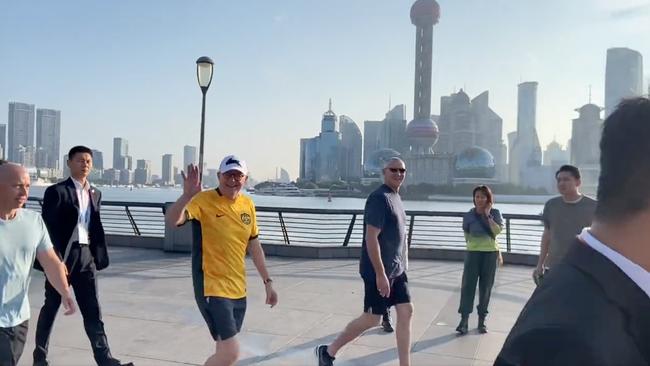
Beijing has marked Australia a priority location for Chinese businesses to expand while calling for the Albanese government to be more “rational” in its treatment of investment from China.
In a striking sign of the improvement in the bilateral relationship, Beijing’s influential China Council for the Promotion of International Trade declared over the Easter long weekend that many Chinese businesses were now looking to expand in Australia.
The top Chinese government trade promotion agency – described by one business figure as “Austrade on steroids” – said China and Australia’s economies were “highly complementary and have huge potential”.
“Australia is one of the important destinations for Chinese enterprises to expand overseas,” said Yang Fan, a spokeswoman at the Chinese trade agency.
China’s outreach – made just hours after Beijing announced the end of its crippling Australian wine tariffs – comes after more than half a decade of warnings from Beijing during the Turnbull and Morrison governments about what China’s government said were hostile “anti-China” policy settings.
The positive signalling is being welcomed by the China-focused Australian business community, but it is getting a more guarded response by many policy makers in Canberra.
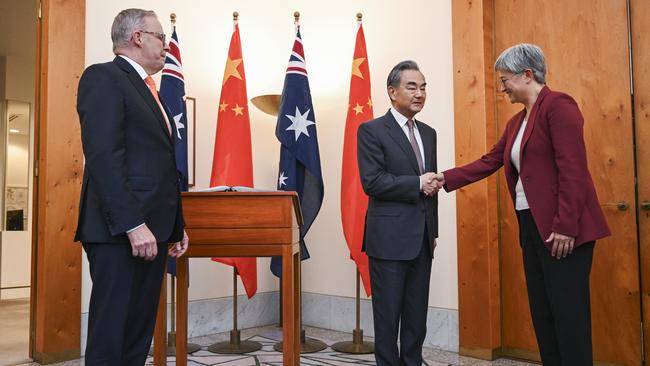
Despite the improved tone and last year’s record trade numbers, deep structural tensions continue. Last week, Foreign Minister Penny Wong called out the “persistent targeting of democratic institutions” by Chinese state-backed cyber hackers. The next day, the Australian government raised its “serious concerns” about China’s harassment of Philippines vessels in the South China Sea.
Lowy Institute senior fellow Richard McGregor has described the Australia-China dynamic as “embracing, while fighting”.
In the latest example of China’s embrace, The Australian can reveal Ren Hongbin, chairman of the China Council for the Promotion of International Trade, will lead a 100-member Chinese business delegation to Sydney in mid-April to explore commercial opportunities with Australian partners. The event is being hosted by the Australian-China Business Council, which recently co-ordinated a closed-door roundtable with Chinese Foreign Minister Wang Yi.
Mr Ren will also visit Canberra to meet government officials and liaise with the Chinese embassy. His trip comes ahead of a visit by Chinese Premier Li Qiang.
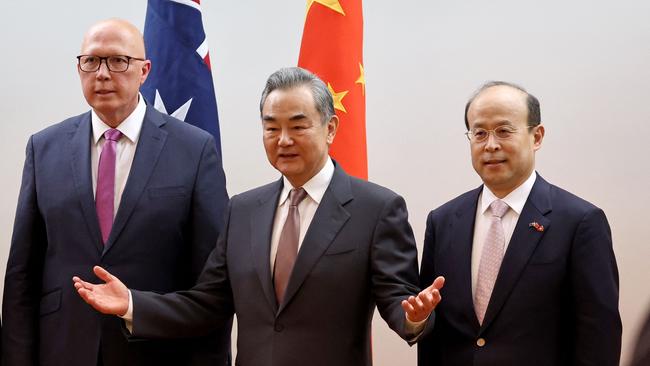
A fortnight before Mr Ren’s visit, his trade organisation released a report talking up the opportunities for Chinese businesses in Australia. The Australian Business Environment Report said its members were “relatively optimistic” about opportunities in Australia.
The government report found 57.5 per cent of surveyed Chinese companies had profitable operations in Australia. Almost half said they planned to expand their Australian operations.
However, the Chinese businesses complained about a lack of “rationality” in Australia’s foreign investment regime, a longstanding frustration. They also criticised Australian “preferential policies”. Those complaints came after Canberra’s Anti-Dumping Commission recommended a continuation of tariffs on rail wheels made by Chinese manufacturers.
Australia has also been trying to send positive signals back to our biggest trading partner. Xavier Simonet, the CEO of Austrade, and Australia’s ambassador in China, Scott Dewar, last week joined a group of senior Australian business figures at the Boao Forum on China’s Hainan island.
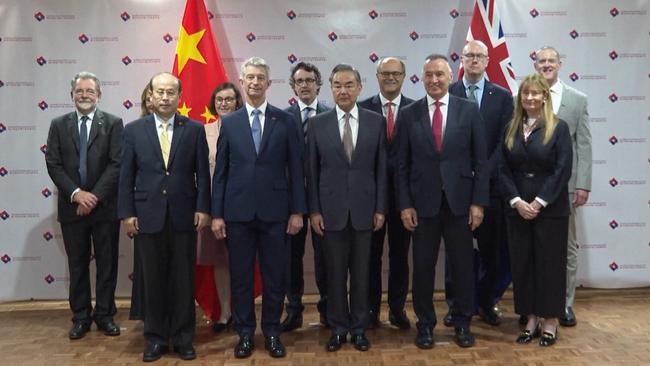
The Australian delegation included Fortescue executive chairman Andrew Forrest, Australia China Business Council president David Olsson, Team Global Express CEO Christine Holgate, and executives from Telstra, Macquarie and HSBC Australia.
They held a closed-door meeting with Chinese business figures, including Asian Infrastructure Investment Bank chairman Jin Liqun and executives from solar panel manufacturer Trina Solar, Longi Green Energy and Hunan Iron & Steel Group.
For a consecutive fifth year, no Australian media were allowed to attend Boao, which some refer to as “Asia’s Davos”.
Mr Olsson, the Hong Kong-based international director of law firm King & Wood Mallesons, said there had been a notable change in the sentiment of businesses navigating the Australia-China relationship, although he added that both sides were “pragmatic and realistic” about ongoing limitations.
“The fact we’ve got people talking about commercial deals now is very different from 12 months ago,” Mr Olsson told The Australian.
“I expect that we will see some tangible progress in coming months,” he said.


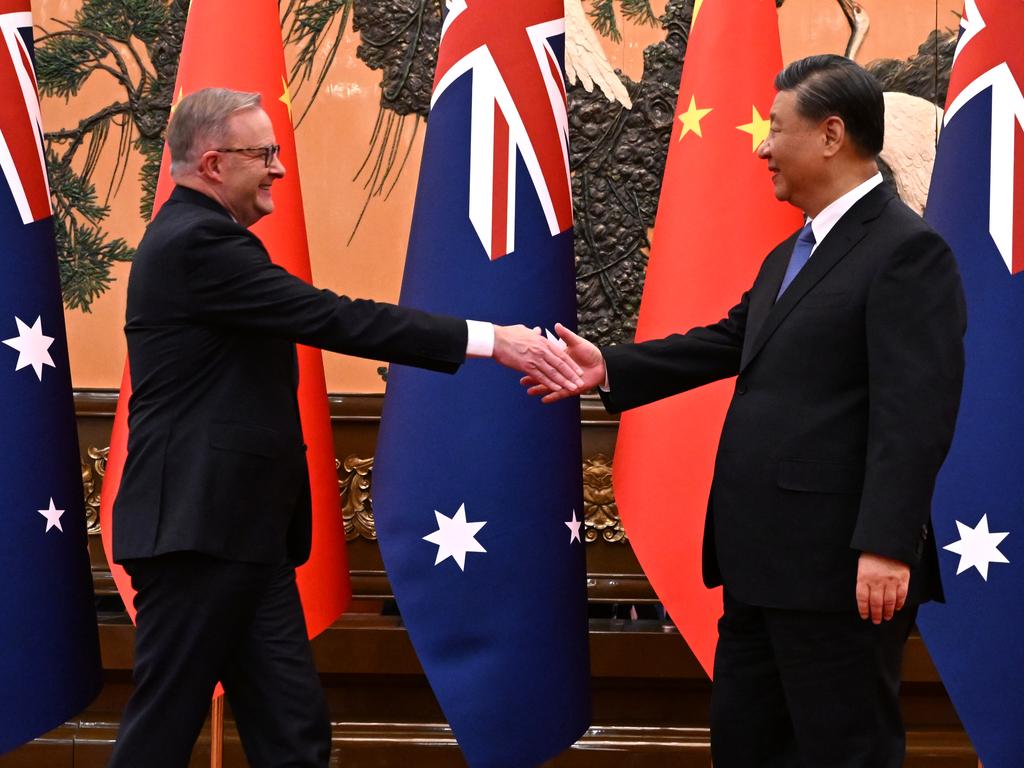

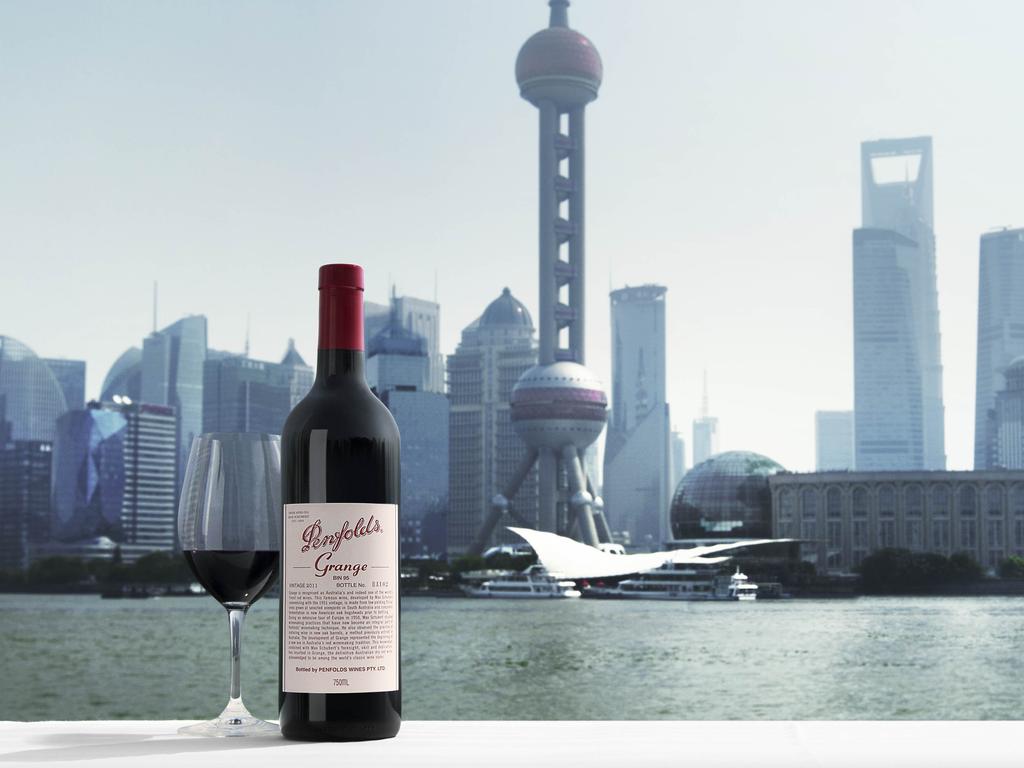


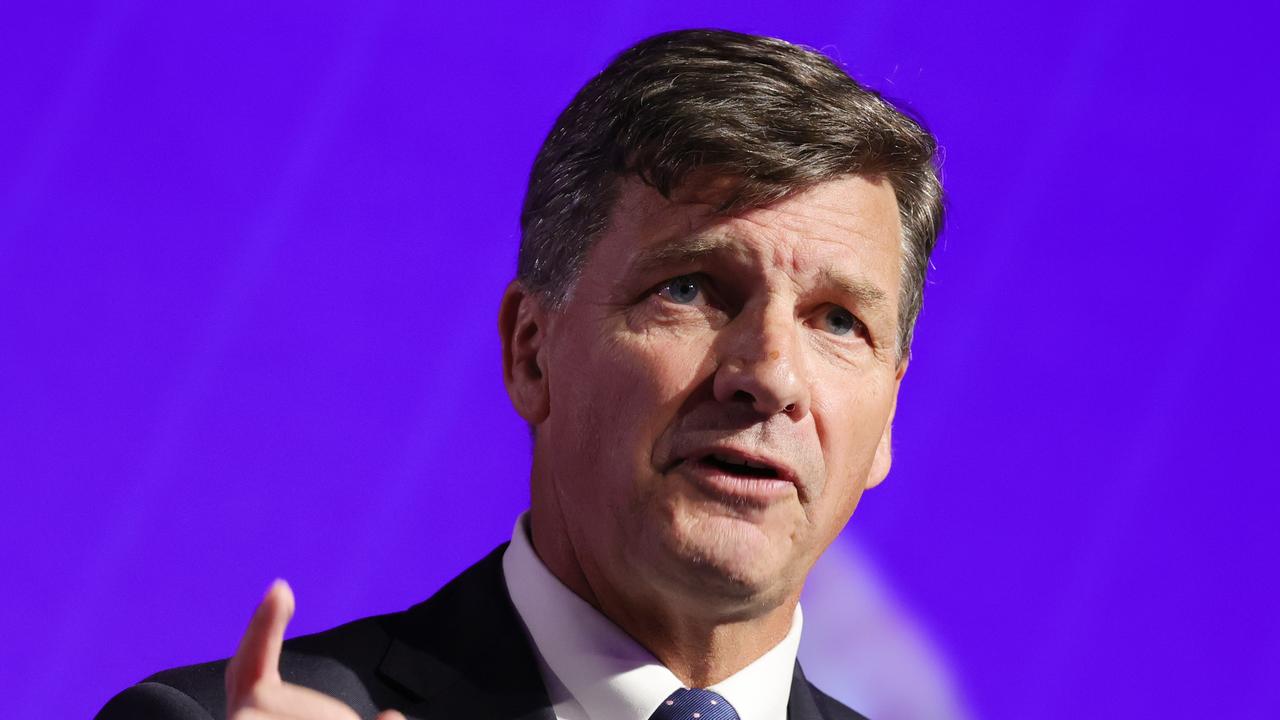
To join the conversation, please log in. Don't have an account? Register
Join the conversation, you are commenting as Logout